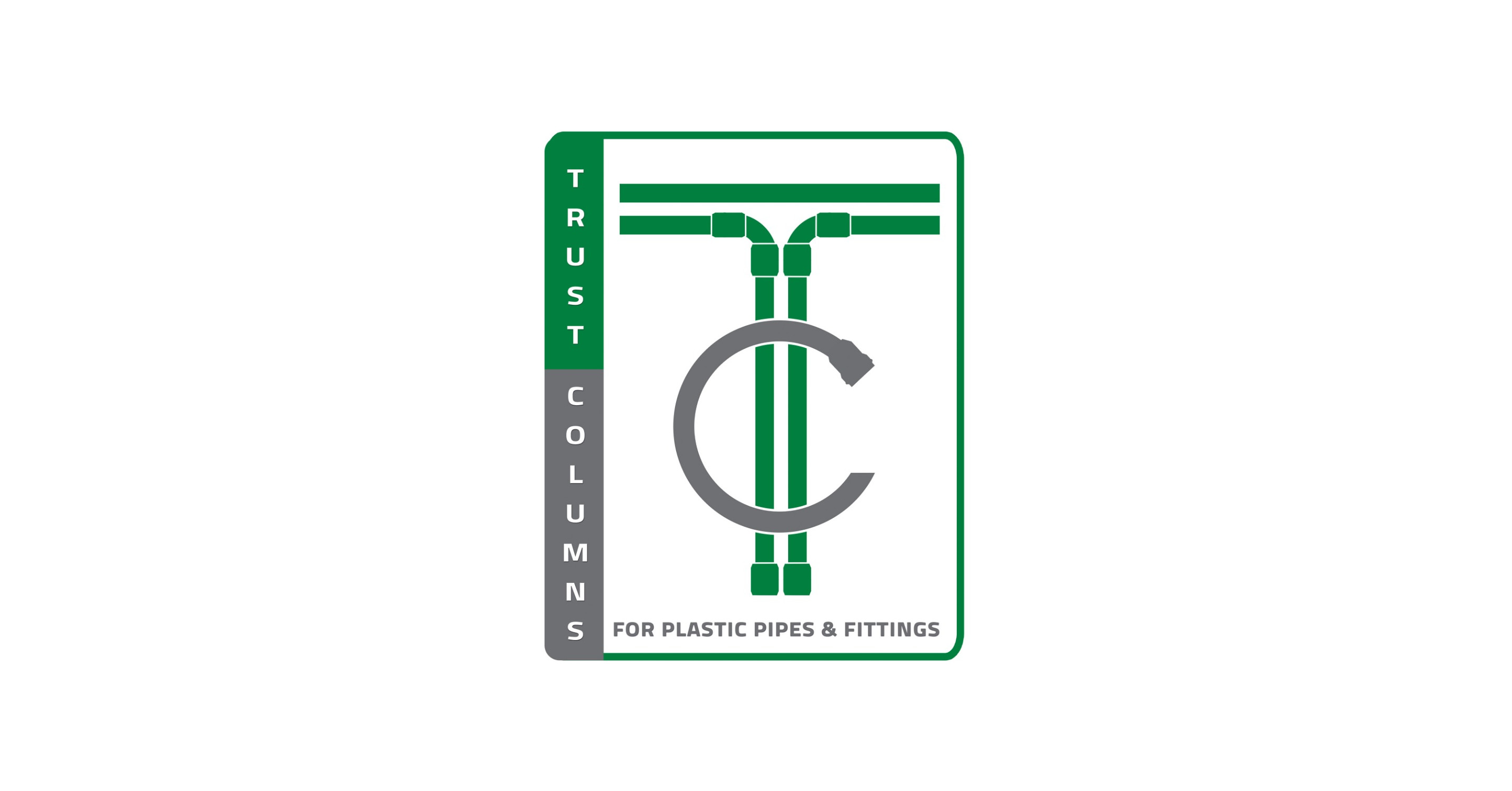Assessing the Dignity of Work

A lofty phrase that's existed for awhile, however, has gained recently found prominence in the last few years is that the expression "dignity of work". It's uttered across the political spectrum, since it's widely believed to have universal respect and approval. Who could argue with a concept which conveys cherishment of dedication, skill development, and above all personal duty to provide for oneself and their loved ones?
Dignity of work is seen as a sublime ending in itself. pop over to this site were raised to take a life of work. Work is contributing. Work is performing your responsibility. the original source is good and much more selfless work is better. Achievement of a deep sense of gratification that comes from a doing job well is your ultimate reward for our labors we're told. The thankful pat on the back in the coworker, the grin and nod from the boss, the eloquent testimonial from a thrilled customer represent just some of the energizing commendations which make work valuable.
So why then is work not felt so favorable or rewarding for so many? We overlook 't need to appear far to see people unhappy with their job. Dignity of work is elusive for much more workers than it ought to be. An HBR survey in 2019 of 500 employees found the huge majority (90 percent ) expected to find joy in their work, but given moment on the work only 37% really experienced pleasure. A few years back Gallup reported just 30% of workers engaged with their occupations. Forbes cited a poll of 411 workers, 19 percent of whom were satisfied with their jobs. I really could go on.
Labour can't be dignified unless some basic requirements are met. sneak a peek here of Catholic Bishops recommends for basic worker rights as a prerequisite for work dignity such as accessibility to productive work, just and sufficient compensation, and a permission arrangement permitting for organizing and unionization among other rights. Senator Sherrod Brown of Ohio calls for enhancements of salary and benefits, healthcare expenditures, and retirement programs as a method of assuring dignity. Ezra Klein from the New York Times points to removal of harmful and oppressive workplaces and also for direction to encourage employees to stay healthier and have leisure and family time.
I would add removal of tyrannical management, toxic coworkers, and workplace cultures that devalue portions of the work force. But beyond saying what isn't wished to engender dignity in work, let us focus on clinics likely to lead to dignity. There are three important circumstances which promote this. As pointed out by he said in his publication Drive, fostering an environment in which workers are urged to develop mastery of their profession, exercise freedom in decision making, and define personal and professional purpose in what they do issue greatly.
They wish to be able to sustain reasonable financial demands by working just one 40-hour a week job. They need an executive management who know the principal capital in their companies are their workers, who need to know they are valued. They want the aid of consumers who intentionally direct their dollars toward businesses who treat the ir workers with dignity. (It begs the question, is a business model that needs workers working for only $7.25 each hour worthy of staying in business in this day and age)

Dignity of work should continue for a universal value, but let's not cling to some notion it appears spontaneously, especially under adverse conditions. a total noob does not. Dignity may be felt separately, but it requires a community to see it is widely shared.
